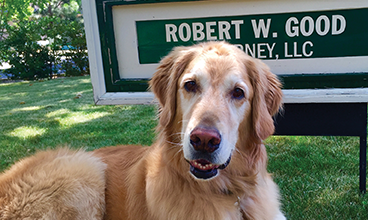Revocable Living Trusts
A few months ago, I was hiking with a friend in the Redwoods who was visiting from Colorado and he asked, “What can I do to make sure that when I die it won’t be a huge burden on my wife and children to handle my estate?” This is a common question for many clients.
“Probate” is a word many do not care to hear as many people have heard stories about huge expenses and delay. People are right to be concerned, as probate can be a hinderance to loved ones left behind due to costs and the time it can lock up assets in court.
The good news is you can easily avoid probate by setting up a trust. There is a common misconception in our society that you must be rich to set up a trust, but this is simply not true. When a person sets up a “revocable living trust,” they are taking a step to ensure their loved ones aren’t burdened with having to probate their estate later in court. Without a trust, anything owned in your name alone at death requires probate court for transfer to others, even if you have a will. A trust on the other hand transfers assets to the trust. Your trust owns the assets, not you personally, but you still have full legal right and use of the assets. In addition, it is “revocable” so you can always change the trust if you desire. Trust assets left to beneficiaries upon death avoid probate.
While setting up a trust is an enormously helpful tool it does not eliminate some estate administration headache. If you name your spouse or child as your “successor trustee,” they will still have the responsibility of properly settling your estate. This is especially true if the trust names multiple family members as beneficiaries, if there are blended families, estranged children, or numerous charitable organizations named as beneficiaries.
Just because you don’t have to go through court to transfer assets doesn’t mean there still aren’t legal obligations to the beneficiaries to properly administer the trust. Beneficiaries must receive certain information, expenditures of trust funds must be accounted for, and taxes have to be done.
If you are interested in setting up a trust, you are providing a very helpful thing for your family. Nonetheless the trustee, after you pass, should understand some work is still required. Feel free to contact our office should you have further questions.
Scott C. Bucy is an attorney with the Law Office of Robert Good LLC, specializing in estate planning, business, landlord-tenant law and intellectual property. Contact him at (541) 482-3763.

